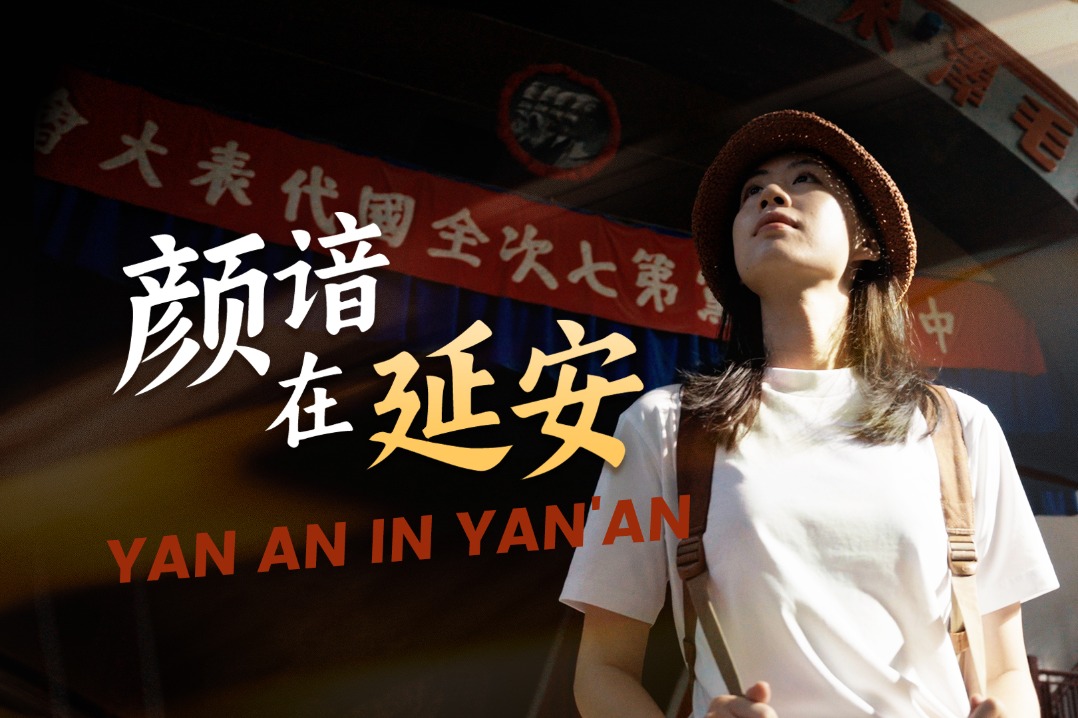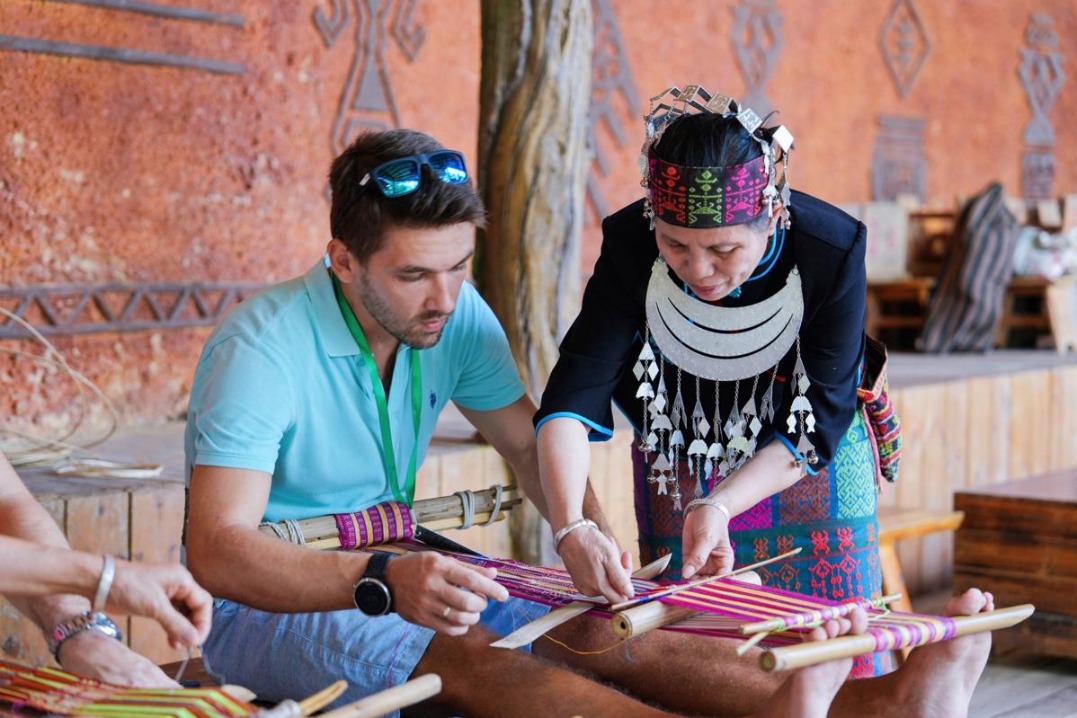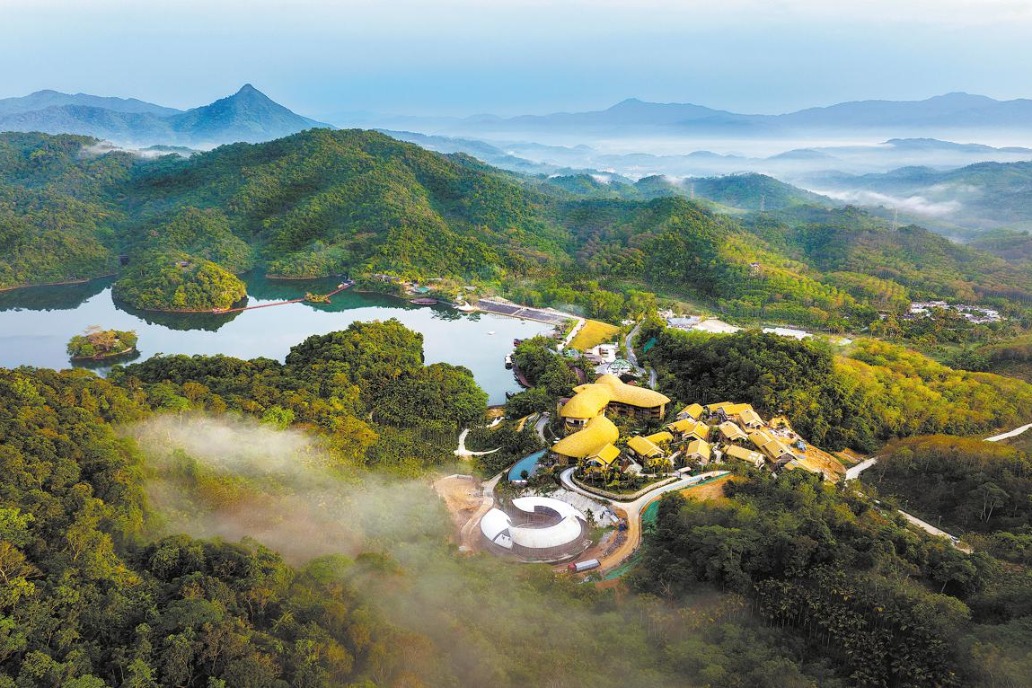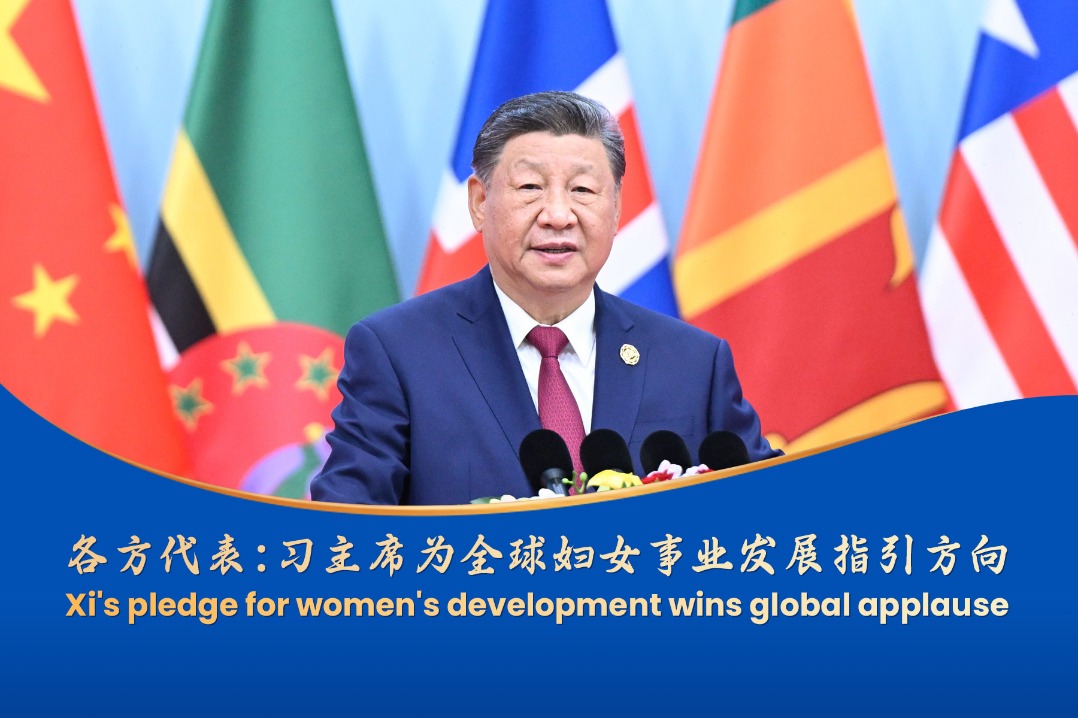Harmony of diversity


Mutual learning among civilizations is not just an ideal but a practical necessity for international progress and harmony
Mutual learning among civilizations is fundamental to developing more substantial and enriching international relations. This approach, focused on exchanging knowledge, experiences and cultural values, enables diverse nations to understand each other better, creating fertile ground for cooperation and mutual understanding. This is especially relevant to the relations between Brazil and China, two emerging powers with rich histories and cultures. The interaction between these two nations, though challenging due to their differences, offers significant potential for learning and collaboration, paving the way for new opportunities for development and intercultural understanding that can benefit both nations.
Two geographically distant nations, Brazil and China, share a history of growing interaction and cooperation. In the last few decades, this relationship has been significantly intensified, especially after Brazil became a member of BRICS. Economically, China has emerged as Brazil's largest trading partner over the past 14 years.
Culturally, Brazil and China are marked by rich traditions and diversity. Brazil, known for its cultural miscegenation, reflects African, European, and indigenous influences in its music, dance, and cuisine. With its ancient history, China is also a mosaic of ethnicities, languages, and philosophical and spiritual traditions. This cultural diversity offers vast prospects for mutual learning.
The relationship between Brazil and China, enriched by their cultural and historical diversities, presents unique opportunities for cooperation in key areas, especially in light of the recent Brazilian initiative on the bioeconomy suggested at the G20. This initiative, aligned with the goals of combating hunger, inequality and climate change, highlights the importance of mutual learning among civilizations, where each nation can contribute unique experiences and knowledge.
Taking a proactive stance in the G20, Brazil can explore commercial partnerships beyond traditional transactions, investing in joint projects in sustainable agriculture and renewable energies. These initiatives strengthen economic ties and promote a more profound cultural and educational exchange, essential for mutual understanding and respect between civilizations.
In education, academic exchanges and research collaborations are vital. They allow for the sharing of knowledge and educational experiences, enriching both countries' curricula and teaching methods. In technology, particularly in the bioeconomy, Brazil and China can join forces to develop innovative solutions. Brazil's experience in bioenergy and China's leadership in technology and investments in renewable energy are complementary and can lead to significant advances in sustainability and innovation.
For instance, The Confucius Institute at the University of Sao Paulo offers Mandarin courses and conducts cultural events to promote understanding of Chinese culture. It also facilitates academic exchanges and research collaborations. Besides, Brazilian students have the opportunity to apply for scholarships offered by the Chinese government to study at universities in China, covering various study areas and academic levels.
A notable example of Brazil-China cooperation is the increased academic exchanges between the two countries. Brazilian and Chinese universities have established partnerships for student and teacher exchange programs, allowing deep cultural and academic immersion. These initiatives have strengthened mutual understanding and opened new perspectives for students and academics from both nations.
Cooperation can extend to sustainable agriculture, where Brazilian and Chinese companies are collaborating to improve agricultural practices, sharing environmentally friendly techniques that foster local economies. These initiatives are practical examples of how mutual learning between civilizations can result in tangible and lasting benefits for both countries. Brazil-China cooperation, rooted in mutual learning among civilizations, shows significant potential. Strengthened by academic, technological and commercial initiatives, this relationship promises to reinforce bilateral ties and contribute to a deeper global understanding. The continuity of this cooperation is essential for a collaborative and enriching future.
Mutual learning among civilizations refers to the process by which distinct cultures share and acquire knowledge, practices and perspectives. This transcultural process of exchange is more than just a mere swapping of information; it is a journey of mutual understanding and appreciation that can overcome linguistic, historical and cultural barriers, fostering a deeper understanding and respect for the peculiarities and values of each society.
In the current globalized scenario, mutual learning has become essential to diplomacy and international cooperation. It fosters a more inclusive global consciousness, helping to mitigate conflicts, prejudices and misunderstandings. Moreover, it facilitates the creation of more effective and culturally sensitive policies and initiatives, which are crucial for addressing global challenges such as social inequality, climate change, sustainable development and peace promotion.
By embracing this approach, nations can build stronger and more enduring relationships based on mutual respect and understanding, which is crucial for a more cooperative and prosperous global future.
The author is director of the China-Brazil Center for Research and Business. The author contributed this article to China Watch, a think tank powered by China Daily. The views do not necessarily reflect those of China Daily.
Contact the editor at editor@chinawatch.cn


































